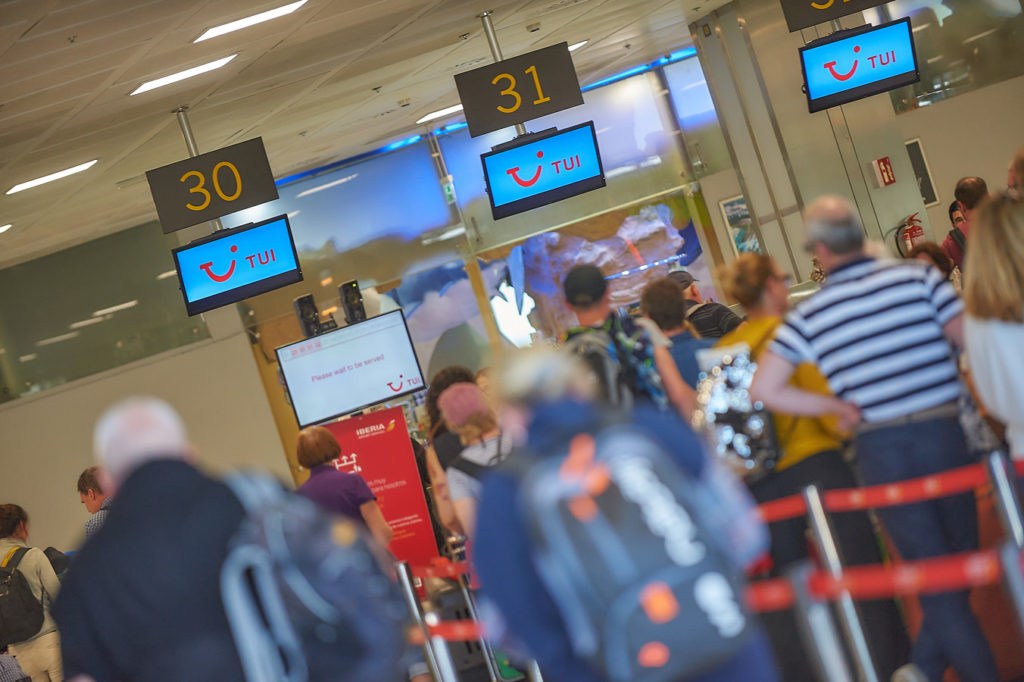Belgium's federal government has published the form for a "sworn statement" that travellers need to carry from today, as all non-essential travel to and from the country will be banned.
The template form for the "declaration on honour" - a sworn statement in which a traveller declares that their cross-border trip falls under a category of journeys that are considered essential – can now be downloaded and completed in English, Dutch, French and German.
Anyone travelling abroad for an essential reason is required to carry the document with them, and present it to the police if they are checked.
People who regularly travel abroad - including people living in border municipalities who have to cross regularly for work, or to go to a certain store, for example - only have to fill out the sworn statement once.
"In this way, we make it difficult for the virus to cross the border, but not unnecessarily difficult for people who have to travel abroad for work, to care for a family member or to visit a partner," said Interior Minister Annelies Verlinden.
Related News
- What we know about Belgium's 'declaration on honour' for travel
- Belgium's Latest Travel Rules Explained
- Police to enforce Belgium's new ban on non-essential travel
Belgium's police forces will organise regular checks, both mobile and static, to enforce the ban on foreign travel for recreational-tourist purposes. Rush hours and tourist hotspots, as well as other factors, will be taken into account, according to Verlinden.
Essential reasons to travel
According to the Decree, these are the reasons that are considered essential to travel by the authorities:
- Business trips (including journeys by diplomats, Ministers, Heads of State or Government, Members of the European Parliament and persons treated as such)
- Cross-border commuters will still be allowed to cross the border for activities that are also allowed in Belgium without going through the quarantine, but for a period of up to 48 hours.
- Humanitarian reasons: assistance to an elderly, minor or vulnerable person or a person with a disability, visiting relatives in palliative care, and relocations for medical reasons and continuation of medical treatment.
- Travelling for studies: travel of pupils, students and trainees on exchange within the framework of their studies, as well as researchers with a hosting agreement.
- Compelling family reasons: family reunification, visits to a spouse or partner who does not live under the same roof (if plausible evidence of a stable and lasting relationship can be provided), trips for co-parenting, civil and religious weddings, funerals or cremations (of relatives or next of kin).
- Various: care for animals, journeys within the framework of legal obligations (if they cannot be made digitally), urgent repairs within the framework of the safety of a vehicle, moving house and transit.
The sworn statement should be filled out in addition to the existing rules on completing the Passenger Locator Form (PLF), for people who have been abroad for at least 48 hours.
Maïthé Chini
The Brussels Times

